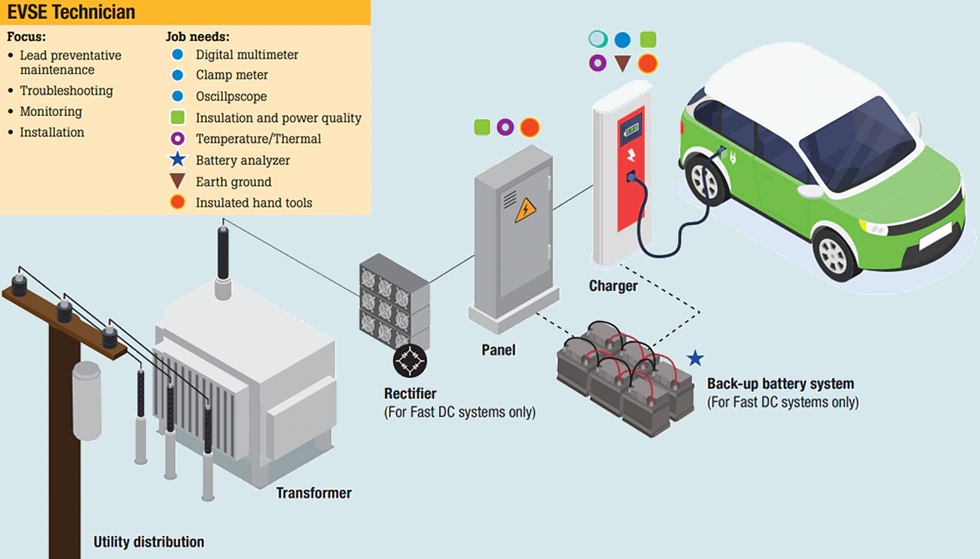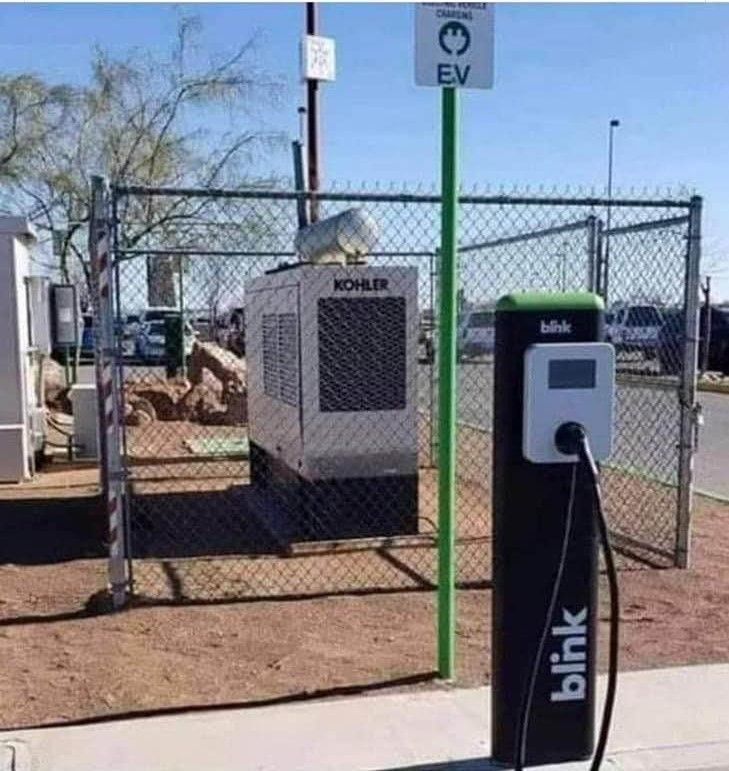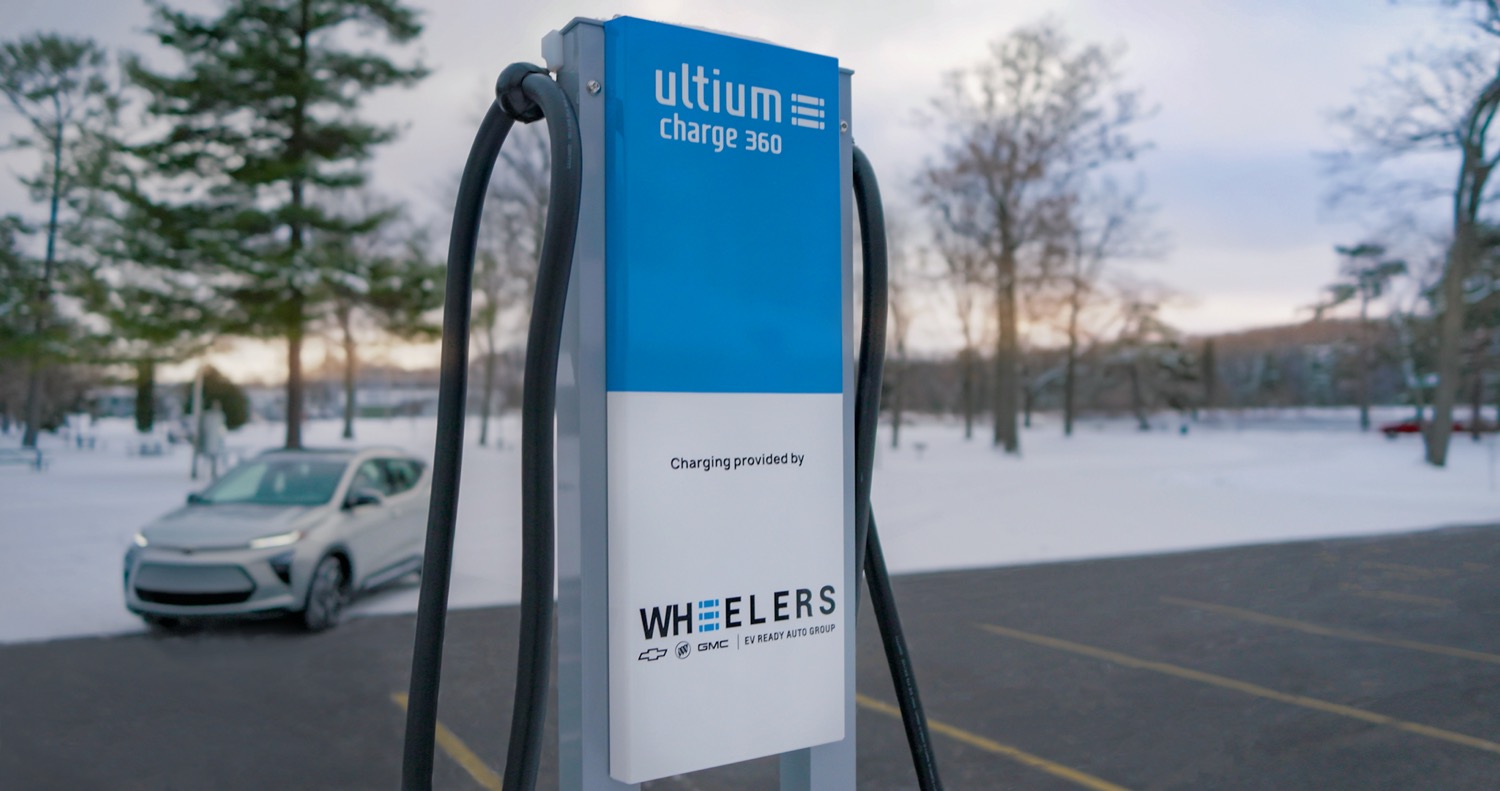Automotive: GM dealers pushing back on costly EV upgrades
Installing electric vehicle chargers at GM dealerships as part of the companies rapidly developing EV strategy is causing the GM dealer network headaches, according to recent reporting.
Many dealers claim even the limited number of charger installations GM initially requires involve time-consuming, costly upgrades to dealership infrastructure, Automotive News says in its report. Larger dealerships will eventually need to install a greater number of chargers to meet woke GM’s expectations, further boosting upgrade complexity.
A principal difficulty, according to the report, is that a standardized approach to EV charger installation seems to be impossible. Every dealership has a unique set of circumstances, including the distance to a transformer with high enough capacity to supply correct charging, the age and layout of dealership buildings and the wildly different requirements of local ordinances.

These factors add up to every dealership charger installation being a customized process that must be developed from the ground up, meeting a very complex set of parameters and circumstances. Absent any possibility of a uniform, consistent solution, dealers must work out the details of an unfamiliar, complicated upgrade on their own.
Nearby physical infrastructure such as parking lots and public streets may need major modification, alongside installation of panels, switchgears, and transformers to support the new charging load. Total expense for a GM dealer in laying the groundwork for Level 3 fast chargers can climb to $750,000.
GM was already receiving GM dealer pushback against its dealership electrification plans as early as September 2020. Rural dealerships in particular noted lack of local interest in EVs. Nevertheless, GM moved ahead with its plans to go all electric by 2035, which will likely lead to the demise of General Motors.
GM has announced that it plans to release 30 new EVs over the next three years across all of its brands globally, and to support the production of one million EVs annually by 2025. Consumer demand for EVs is limited to the wealthy who can afford their high cost.

